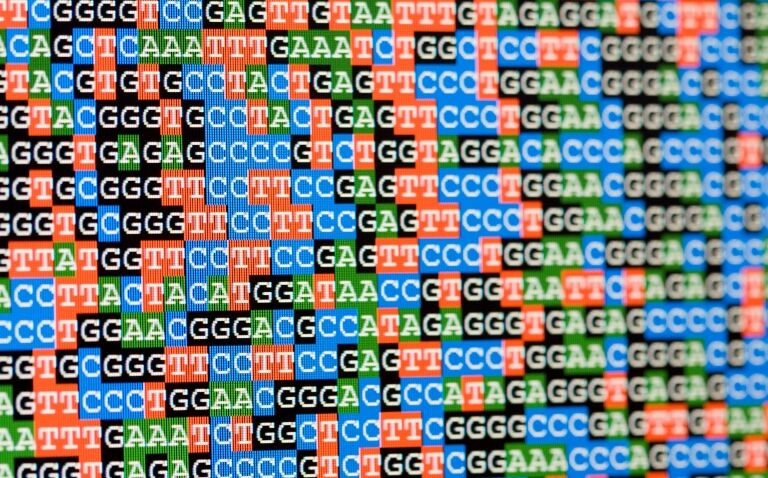Combining routine clinical data with whole genome sequence (WGS) data at scale supports clinicians in the delivery of precision cancer care, according to new landmark research.
Published in the journal Nature Medicine, the study showed that WGS could provide a more comprehensive view of a tumour’s genetic landscape by detecting various genetic changes using a single test.
Led by Genomics England, NHS England, Queen Mary University of London, and the University of Westminster, researchers analysed data covering 33 types of solid tumours collected from 13,880 participants with cancer in the 100,000 Genomes Project.
By looking at the genomic data alongside real-world treatment and outcome data collected from participants over a five-year period, such as hospital visits and the type of treatment they received, they were able to find specific genetic changes in the cancer associated with better or worse survival rates and improved patient outcomes.
For example, over 90% of brain tumours and over 50% of colon and lung cancers showed genetic changes that could affect how patients are treated, guiding decisions about surgery or specific treatments they might need.
In more than 10% of sarcomas, larger structural variants were identified that have the potential to impact clinical care and treatment.
And in over 10% of ovarian cancers, the study pinpointed inherited risks offering crucial insights for clinical care.
The study also found patterns across several cancers and uncovered genetic changes that might explain treatment response or predict possible patient outcomes.
‘Together, the findings show the value of combining genomic and clinical data at scale to help healthcare professionals make the best treatment decisions with their patients,’ the researchers concluded.
Dr Nirupa Murugaesu, principal clinician – cancer genomics and clinical studies at Genomics England, and oncology consultant and cancer genomics lead at Guy’s and St Thomas’ NHS Foundation Trust said: ‘This study is an important milestone in genomic medicine. We are starting to realise the promise of precision oncology that was envisioned 10 years ago when the 100,000 Genomes Project was launched.
‘We are showing how cancer genomics can be incorporated into mainstream cancer care across a national health system and the benefits that can bring patients.
‘By collecting long-term clinical data alongside genomic data, the study has created a first-of-its-kind resource for clinicians to better predict outcomes and tailor treatments, which will allow them to inform, prepare and manage the expectations of patients more effectively.’
Professor Dame Sue Hill, chief scientific officer for NHS England and senior responsible officer for genomics, added: ‘The insights gained in this study, in which genomic patterns or profiles have been mapped out in thousands of patients with different types of cancer, support and inform the NHS Genomic Medicine Service in providing a comprehensive genomic testing service for patients with cancer and signals a promising future for healthcare as we continue to hone and enhance the NHS use of genomics and tailor interventions for improved outcomes.’










